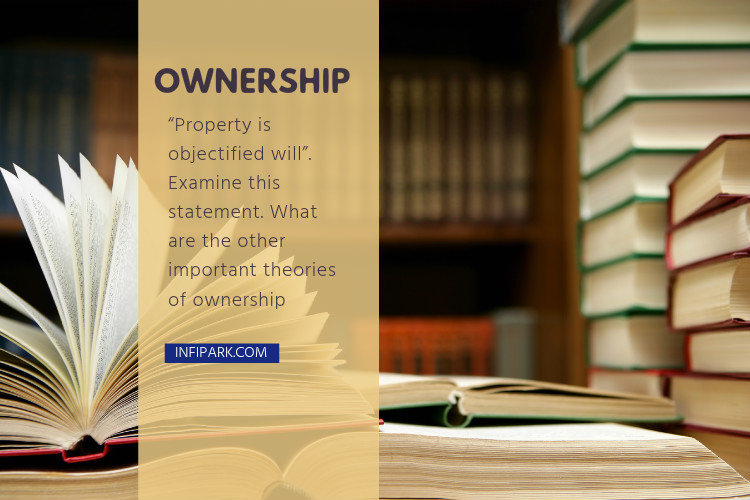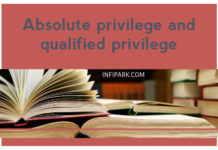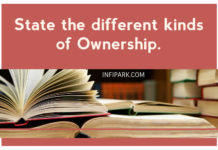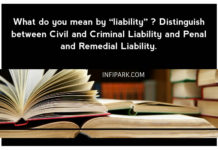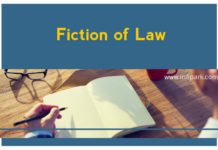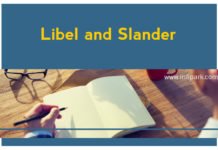“Property is objectified will”. Examine this statement. What are the other important theories of ownership ?
Ans. Important Theories of ownership.—Possession over property is nothing but objective manifestation of the subjective will of a man. In other words, property signifies the will of a man. This is Hegel ‘s view.
Prof Keeton spoke the truth when he said : “The right of owner-ship is a conception fairly easy to understand, but difficult to define with exactitude” and the difficulty it further augmented by the fact that there are two divergent conceptions of ownership. The one view is that of Austin, the other view is that of Salmond. According to the first view ownership is a relation which (subsists) between a person and a thing which is the object of ownership. The second view is that ownership is a relation between a person and any right that is vested to him.
Ownership is a right which resides in a person in relation to a thing or right (such as a copyright) and is available against all other persons. Austin defines ownership as “A right over a determinate thing, indefinite in point of user, unrestricted in point of disposition and unlimited in point of duration”. Austin :r definition of ownership has been followed by Hol-land. He defines it as “a plenary control over an object’.
According to Holland the following are the three constituents of ownership
1. Possession.
2. Enjoyment, and
3. Disposition.
Salmond disagrees with the above definition of ownership given by “Austin”. He says, “Ownership, in its most comprehensive significance, denotes the relation between a person and any right that is vested in him. Ownership, in the wide sense extends to all classes; ” rights, whether proprietary or personal in rem or in personam„in propria or, in realiena and it applies not only to rights in’the strict”, but to liberties, powers and immunities.” According to him ownership in this wide sense, is opposed to two other possible criterions between a person and a right viz., (1) possession, and (2)encumbrance.
Salmond view of ownership has been criticised by many jurists such as Duguit, Cocke and Prof Keeton, but it should in encumber while criticising Salmond, that he uses the term wnership in two senses. In its wide sense ownership denotes the relation between a person and any right that is vested in him. In sense ownership is the relation between a person and the serial object possessed. According to Duguit, ownership is a relation between a person and a thing. It is this relation that gives the owners a right to use, enjoy or dispose of the thing.











